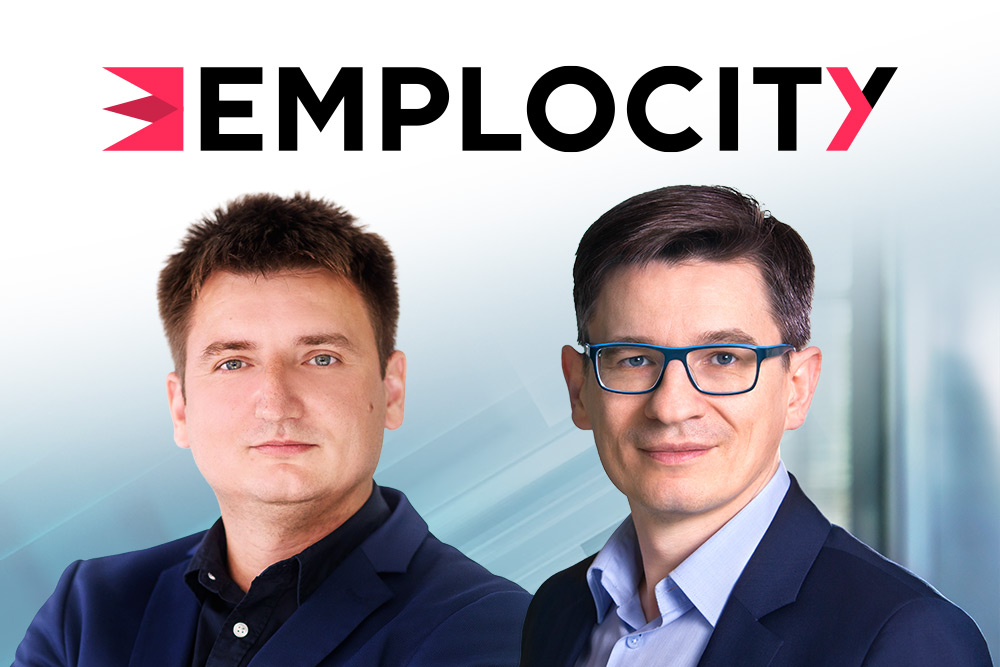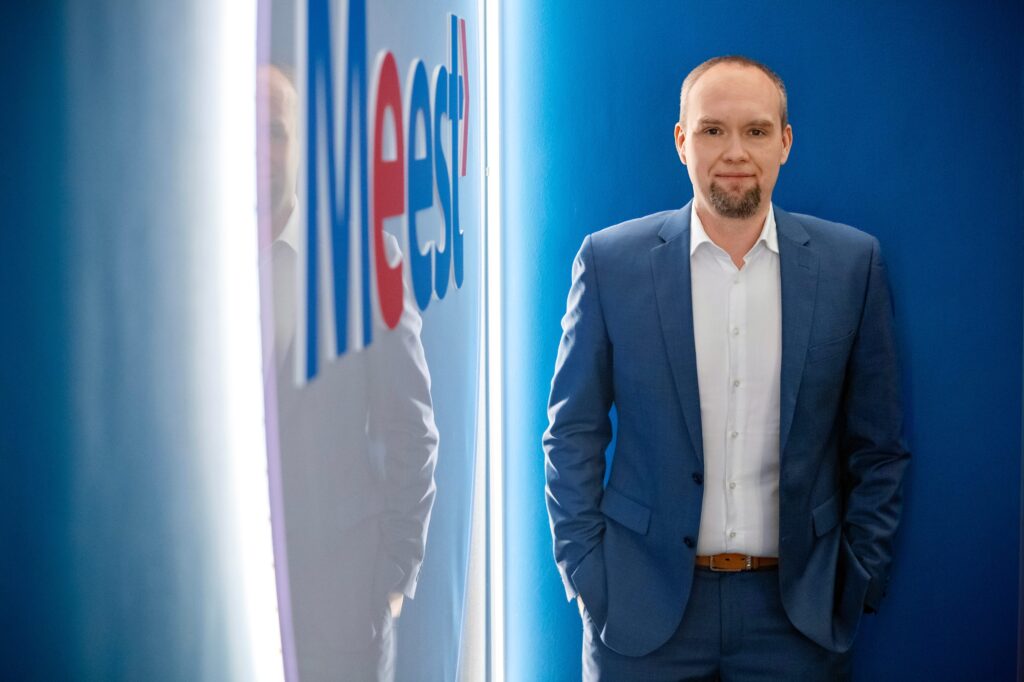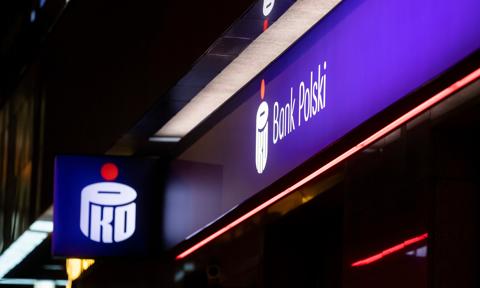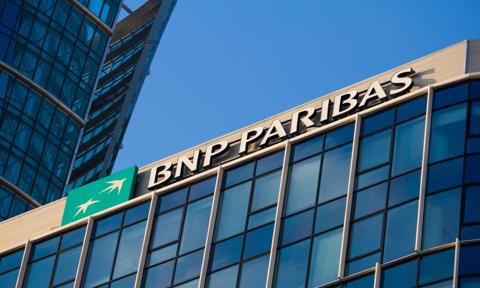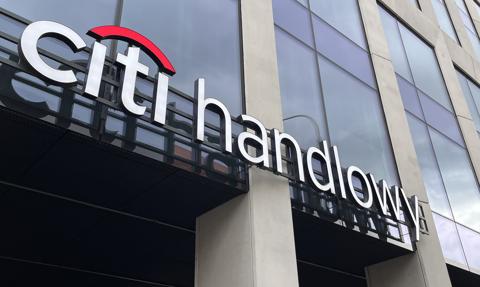The new leader is already making ambitious plans. He told the WBJ that within five years ITI should be operating in both media and advanced technology, "with regional ambitions to be fulfilled after 2010." Analysts agree that ITI has the ability to play a regional role and claim that it is probably setting its sights on neighbors to the east. Advanced technologies, however, require massive funding beyond ITI's reach. But Wojciech Kostrzewa has proven more than once that he is determined when it comes to achieving set goals.
Head of operations for the Central and Eastern European region at Commerzbank AG from 2002-2004, Kostrzewa is the only Pole to have reached the upper echelons of the corporate ladder at a foreign private bank.
His reputation among the Polish banking elite was earned during a six-year leadership of BRE Bank. During his tenure, he rarely let up in his drive for results, resulting in both impressive gains and unexpected losses for BRE. Kostrzewa dismisses frequent accusations that he is "too ruthless" in business: "One shouldn't mistake aggression with courage in decision making and an entrepreneurial way of thinking."
That's why he believes that ITI should seek attractive buys to enlarge the spectrum of services ITI has to offer. Will that mean other media? Director of the Research Department at CR Media, Maciej Chodorowski points out that ITI is strong in televisin and the internet, but underrepresented in press and radio.
Yet the newspaper market is already densely packed, while low ad revenues make radio stations the least profitable.
Regardless of future plans, Kostrzewa's decision to run a media company bewildered some of his ex-business colleagues.
"Frankly, I was quite surprised. I expected him to appear somewhere in the finance sector," says vice-president of the supervisory board at Deutsche Bank in Poland, Hubert Janiszewski.
Vice-president of listed radio broadcaster Broker FM Marek Dworak believes that Kostrzewa is more of a banker than media-specialized manager, and adds: "In my opinion president Kostrzewa will return to banking in 12 months."
Few doubt that Kostrzewa's boldness will have major repercussions throughout the media sector.
So far, the recently formed WIG-media index has been dominated by two companies, Agora SA, the publisher of Gazeta Wyborcza, and TVN television, owned by ITI.
Though these two account for almost 83 percent of the index value, other main players are eager to join the fray. Polsat television announced its plans to debut on the bourse months ago. If those words tanslate into action we can expect the IPO of the largest private Polish television station this year.
"Polsat does not need funds for broadcasting, the station has no debts. We can treat [the IPO] as an investment base for taking positions in other sectors," says Deutsche Bank Securities analyst Włodzimierz Giller.
Kostrzewa's appearance on the scene could be a sign of things to come. "ITI strategy will [now] undoubtedly be more aggressive," says Janiszewski of Deutsche Bank, while the president of the managing board at Agora SA, Wanda Rapaczyńska, says: "The competition is harsh already."
The general prediction is that the media sector will enjoy a rise in ad revenues, which must translate to better financial results.
Błażej Karwowski




